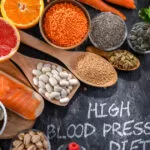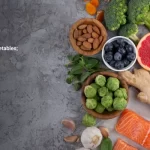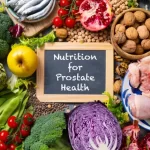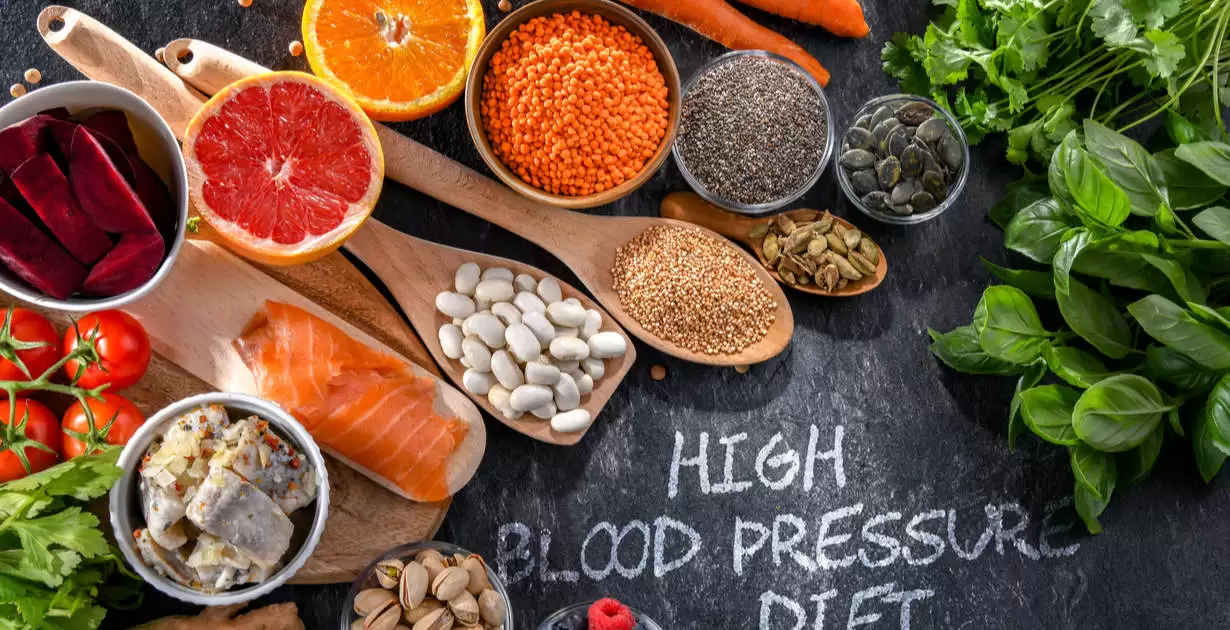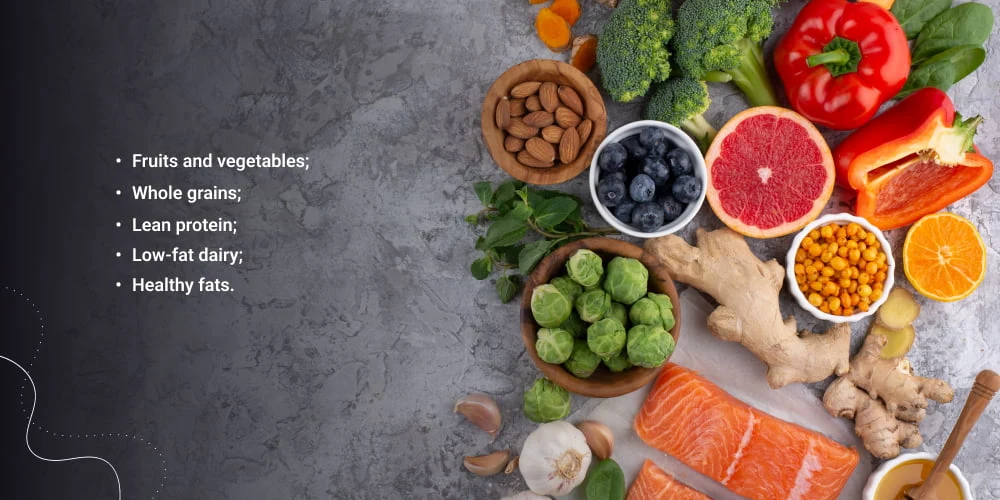Vitamin E may lower newborn food allergy risk
Vitamin E may lower newborn food allergy risk – A groundbreaking study has found that supplementing a mother’s diet with α-tocopherol, a form of vitamin E, may reduce the risk of food allergy development and life-threatening anaphylaxis in newborn mice.
The findings, published in , suggest that incorporating α-tocopherol into prenatal vitamins during pregnancy and breastfeeding could be a promising strategy to combat the rising prevalence of food allergies. The Growing Food Allergy Epidemic
Food allergies have been on a sharp rise, particularly in children. In the United States (US), the prevalence of food allergies in children increased by 50% between 2007 and 2021, with peanut allergy rates tripling in that period.
Given this alarming trend, researchers are investigating how maternal nutrition during pregnancy could play a role in shaping a child’s immune system and reducing the likelihood of developing allergies early in life.
How Vitamin E Impacts Food Allergy Development
The study found that when pregnant and nursing mice were given α-tocopherol supplements, their offspring showed:
✅ Lower levels of IgE antibodies, which are responsible for allergic reactions.
✅ Reduced incidence of anaphylaxis after exposure to peanuts.
The researchers concluded that these benefits were linked to the higher levels of α-tocopherol in the pups, passed down from their mothers who received the supplement.
Mimicking Real-World Allergy Development in Mice
To simulate how food allergies develop in humans, researchers used a mouse model that mimics early-life allergen exposure. The study focused on pups predisposed to eczema and food allergies, since infants at the highest risk of peanut allergy often develop eczema first.
The pups were exposed to:
🔹 Common allergens via skin contact (to replicate environmental exposure).
🔹 Household dust and detergents (to mimic everyday irritants).
🔹 Oral consumption of allergens after 2.5 weeks (to test immune responses to food exposure).
The results showed that offspring of mothers with α-tocopherol supplementation had a significantly lower allergic response, reinforcing the potential of this approach to reduce food allergies in high-risk children.
Challenges in Implementing This Solution
Despite these promising findings, Dr. Joan Cook-Mills, Professor of Microbiology and Immunology at Indiana University School of Medicine, warns that the benefits of α-tocopherol could be reduced in the U.S. due to the widespread use of cooking oils rich in γ-tocopherol (another form of vitamin E).
🔸 Why is this a problem?
Dr. Cook-Mills previously discovered that γ-tocopherol counteracts the positive effects of α-tocopherol. Unfortunately, many common U.S. cooking oils—such as soybean oil, corn oil, and canola oil—contain high levels of γ-tocopherol, which may diminish the protective effects of α-tocopherol supplementation.
🔸 How does this differ in Europe?
In contrast, European cooking oils—such as sunflower oil, safflower oil, and olive oil—are naturally high in α-tocopherol and low in γ-tocopherol, making the supplementation potentially more effective in European populations.
Future Directions: Changing Cooking Oil Composition
To maximize the benefits of α-tocopherol, Dr. Cook-Mills suggests that partnering with food manufacturers to adjust the balance of α- and γ-tocopherol in cooking oils and supplements could be a long-term solution.
🔹 Consumer changes: Individuals in the U.S. may need to adjust their cooking habits by choosing oils higher in α-tocopherol.
🔹 Industry reform: Large-scale changes in commercial food production are needed to create products with an optimal tocopherol balance to support maternal and infant health.
Beyond Early Peanut Introduction: A New Strategy for Prevention
Current guidelines recommend introducing peanuts earlier to infants to reduce allergy risk. However, some babies already develop peanut sensitivity before solid foods are introduced, indicating the need for preventive measures beyond diet changes in infancy.
This study highlights a potential new avenue to reduce food allergy development in at-risk children before they are even born.
Source: A📖 Journal Reference:
Kosins, A. E., et al. (2025). Maternal supplementation with α-tocopherol inhibits the development of offspring food allergy, H1R signaling, and ultimately anaphylaxis early in life.
What are the pros and cons of a vegan diet?
How Do You Feel When Your Sugar Is Low?
Benefits of Cloves to The Vagina

A graduate of Computer Science and Information Management Technology. Diploma – Caregiving, Certificates – Dementia and Diabetes Awareness and Management. A researcher, blogger, songwriter, singer and acoustic guitarist. Born in an environment where natural talents such as healing are imparted at our natural birth. This natural talents of healing is the result of our genetic inheritance and the training from family environment.


